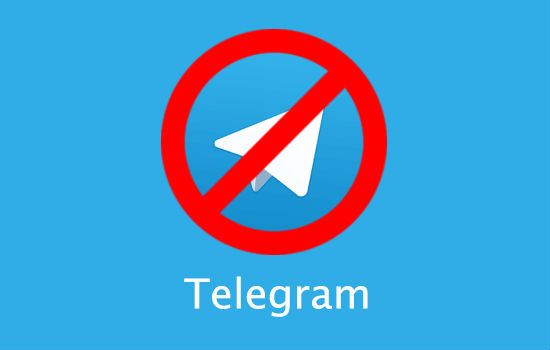Messaging app Telegram, arguably the most popular app of its kind with over 100 million monthly active users recorded last year, has been officially blocked by the government of Indonesia according to an official from the Ministry of Communications and Information Technology (Menkominfo).
“It’s true (Telegram has been blocked), we are currently preparing an explanation,” said Noor Iza, acting head of public relations at Menkominfo, as quoted by Detik this afternoon.
Noor asked for patience as Menkominfo would soon release a full statement explaining the block.
Indonesian internet users started noticing this afternoon that they were unable to access Telegram through multiple major ISPs, including Telkom and XL.
A screenshot from one Twitter user that tried to access Telegram allegedly shows a notification message indicating that Telegram was blocked for violating Indonesia’s Law on Information and Electronic Transactions (UU ITE).
SUNGGUH KETERLALUAN.. pic.twitter.com/BLPqRUjaJ5
— Muhammad Zamroni (@matriphe) July 14, 2017
Telegram is primarily distinguished from its competitors, such as Whatsapp, by its security features including unbreakable end-to-end encryption, secret chat rooms, and self-destructing messages.
It is these features that have led security analysts to warn that Telegram has become the messaging app of choice for terrorist groups, especially ISIS. It is believed the app has been used to plan and coordinate several terrorist attacks in the last few years.
It is likely that the Indonesian government blocked the apps on the grounds that it was being used to spread information regarding terrorism, treason or radical ideologies, any of which would be a violation of UU ITE.
Based on our research, it would appear that Indonesia is the only country besides China to actually block Telegram in its entirety. The Russian government threatened the block the app in late June (leading to the app’s creator to register his company with their government, although they did not agree to demands to share private data) while the app’s voice call feature was blocked by a court order in Iran.




